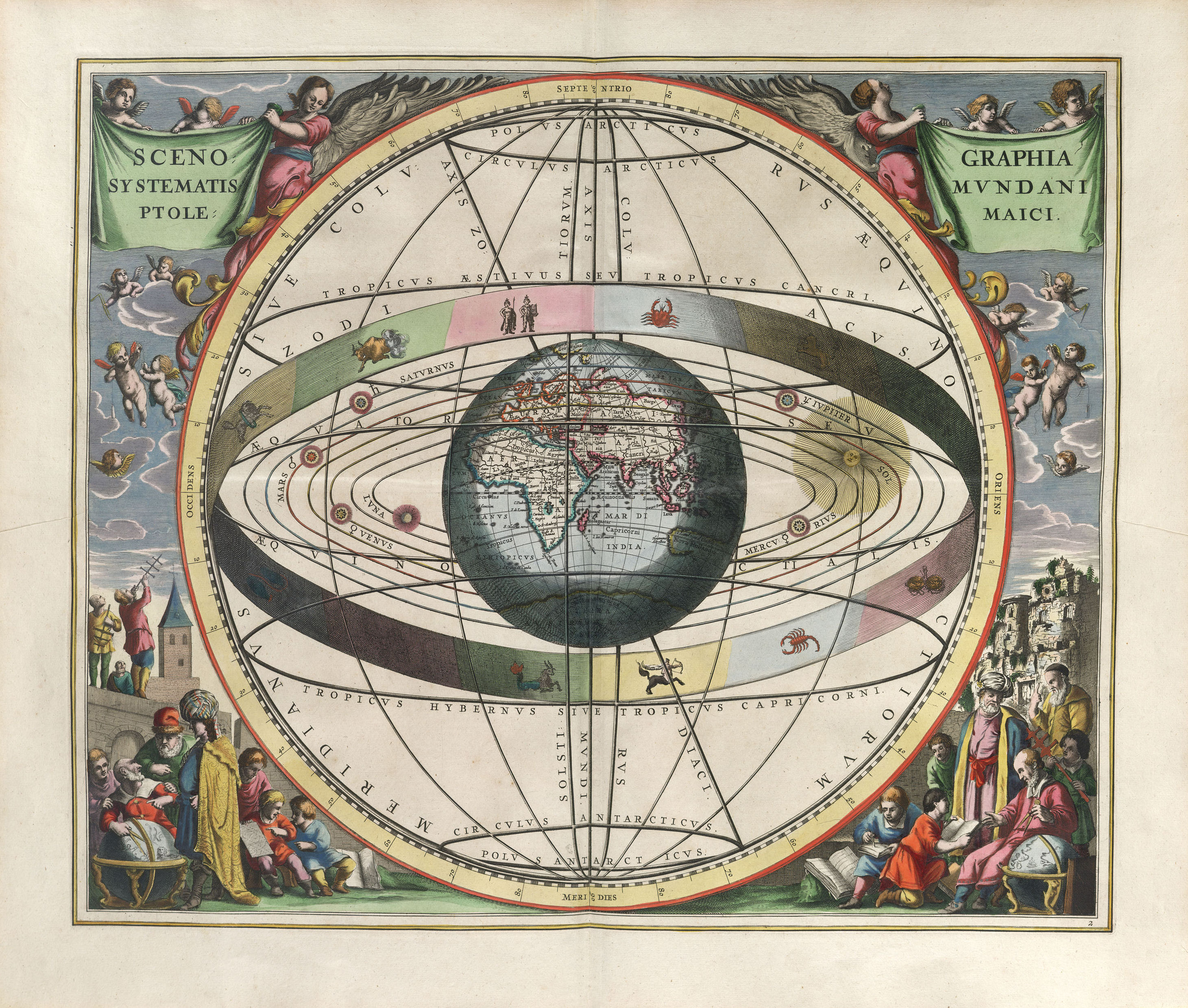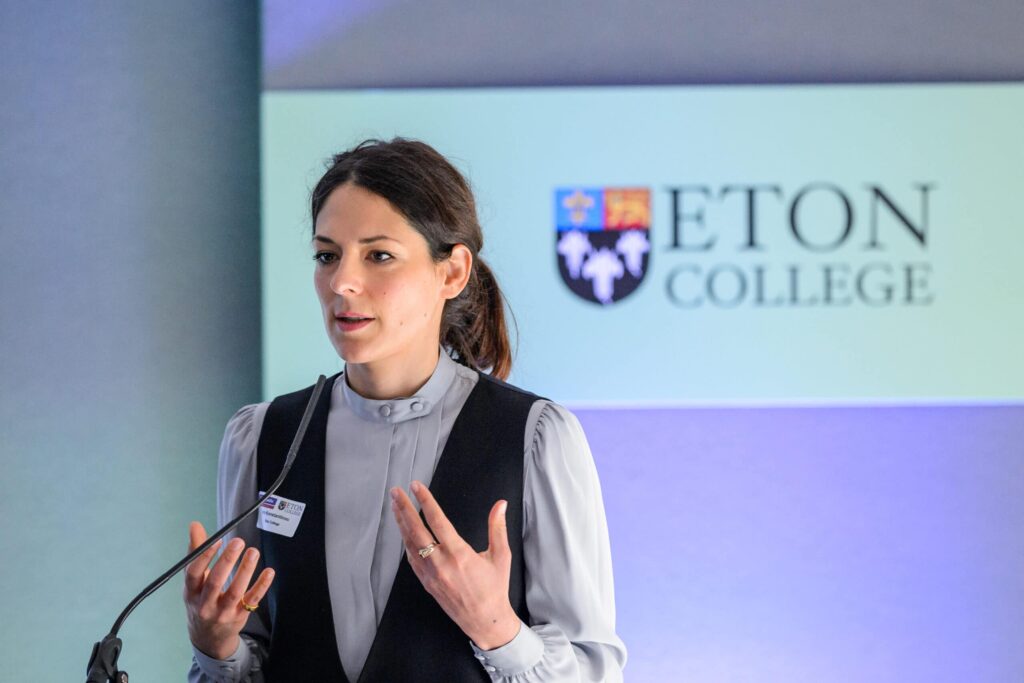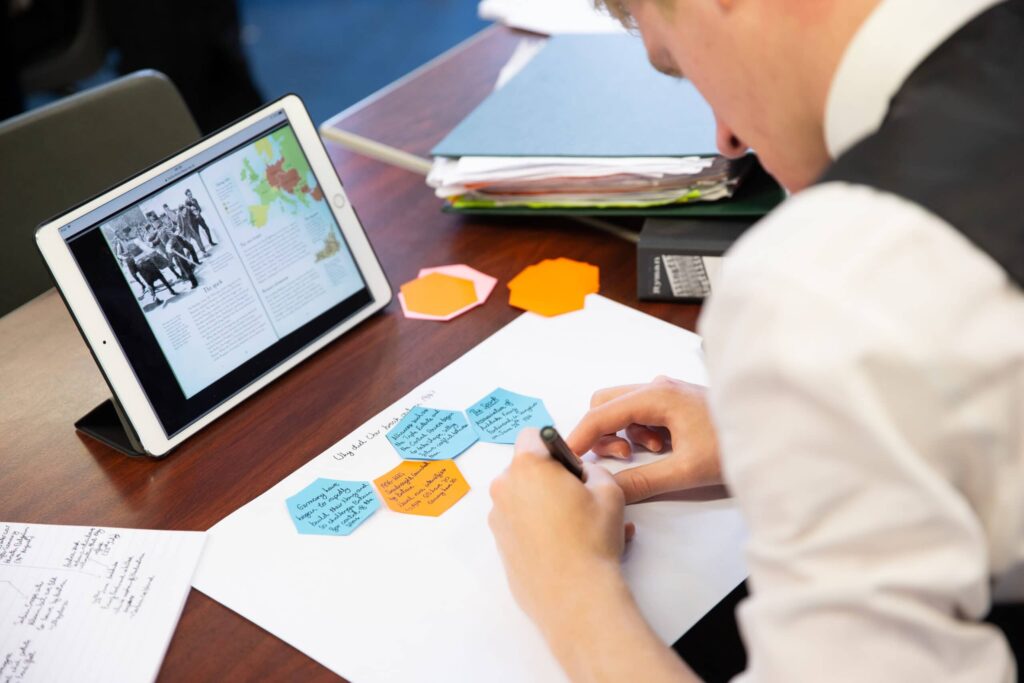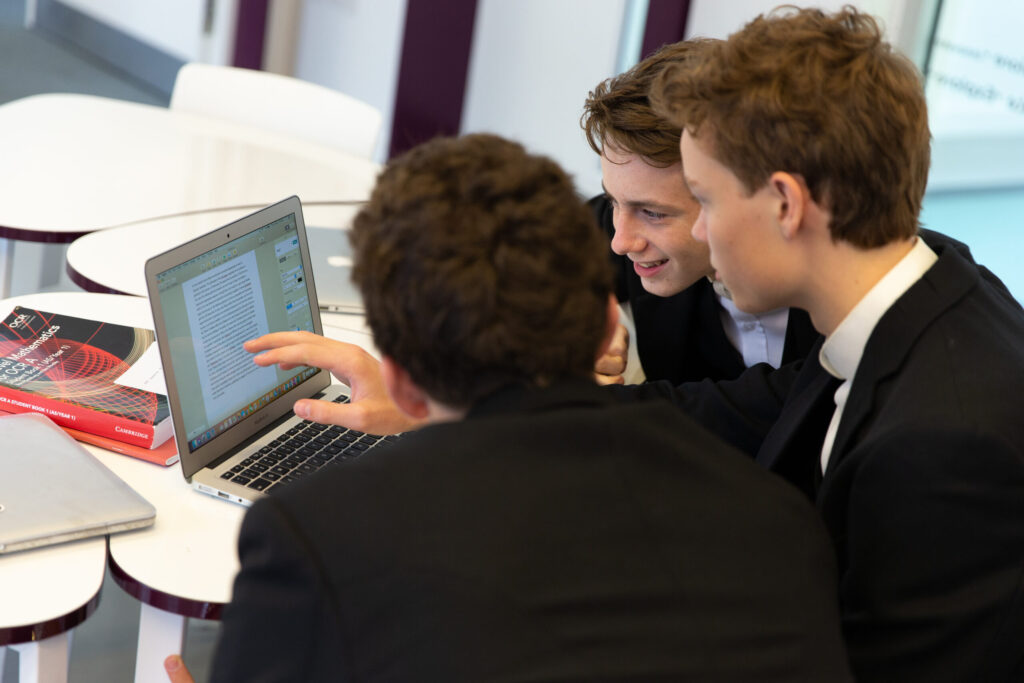Jonathan Beale, Researcher-in-Residence, CIRL
Can you teach what you don’t know? Plato raised this pedagogical challenge in the Meno, where he argued that we cannot teach virtue, because we do not know what virtue is. Plato’s assumption is that we can only teach what we know. Is this correct?
Plato’s challenge is addressed by Catherine Z. Elgin, Professor of the Philosophy of Education at Harvard University, in her article, ‘Education and the Advancement of Understanding’ (all references are to this). Taking Plato’s challenge as her starting point, Elgin argues that while education aims to increase knowledge, its primary epistemic aim is to advance understanding. Elgin argues that this shows that the scope of teaching is wider than Plato assumes.
Let’s start by looking at what Elgin accepts about Plato’s argument. First, it is uncontroversial to claim that we can only know what is true. Yet, often what we teach and learn is not true. Consider, for example, an exemplar of factual knowledge: science (pp. 2-3). Science progresses by making empirical discoveries and developing theories; this often involves falsifying existing theories. A theory is a system of ideas intended to explain something, always open to falsification or support by discoveries. Scientific theories are constantly revised and refined, which sometimes results in theories becoming superseded. For example, the geocentric model of the universe, depicted below in the second plate of Andreas Cellarius’ Harmonica Macrocosmica, was superseded by the heliocentric model.

So, at least some of what is currently taught in science might turn out to be false. Moreover, the models produced by scientific theories often involve assumptions and approximations (pp. 2-3). So, if knowledge requires truth, we cannot claim that everything taught in science qualifies as knowledge.
Consider, also, the latest findings in a field. The latest scientific discoveries typically need to become accommodated within existing theories and frameworks before becoming widely accepted as knowledge. So, when we teach discoveries as the latest findings, we sometimes cannot yet say they are true, so we cannot yet count them as knowledge (pp. 2-3).
At the advanced level, one requires a grounding in various fields to understand the latest findings or state-of-the-art research (p. 6). One needs an understanding of, for example, the relevant conceptual and theoretical frameworks, and perhaps a grounding in certain subjects. For instance, to understand a new discovery in cosmology beyond the level of popular science, you need an advanced grounding in mathematics and physics.
An implication of this is that teaching doesn’t occur in advanced-level environments, such as graduate seminars (p. 3). Perhaps, though, as Elgin acknowledges, this is correct. Doctoral supervisions and graduate seminars centre around discussion rather than instruction. As Elgin writes, we ‘lead’ seminars, rather than ‘teach’ them (p. 3).
But teaching is what takes place in almost all but the advanced level of education. Students at the elementary and secondary levels are mostly taught, with increasing emphasis on independent learning as they rise through education.
So, it seems, not everything we learn counts as knowledge. What are students learning when they are not gaining knowledge? Elgin’s reply to Plato is that teaching primarily aims at advancing understanding rather than increasing knowledge (p. 7). This reply aims to show that the scope of teaching is wider than Plato assumes (p. 9). If teaching’s primary objective is to advance understanding rather than increase knowledge, we can teach more than what we know: we can develop students’ understanding of various areas in various ways.
This conception of the epistemic aims of education overcomes several of the problems with claiming that teaching consists only in imparting knowledge. First, understanding doesn’t require truth (p. 9). If a student understands a text by Shakespeare, we wouldn’t assess their understanding in terms of truth; we might say that the student possesses an ‘excellent’ understanding. A student can demonstrate a solid understanding of Shakespeare’s oeuvre, and proficiency in literary analysis and criticism, without us assessing what they have learned and the skills they have developed in terms of the acquisition of truths.
To return to science, even if one learns scientific theories that become falsified in the future, successful learning of a theory demonstrates understanding (p. 8). Various skills are demonstrated by coherently placing scientific discoveries within the conceptual and theoretical frameworks we have learned; understanding what findings or approximations amount to; and seeing which directions future research might take following certain discoveries.
When we learn a fact, we have to understand how it fits into the domain of knowledge associated with the subject we are studying and within our web of knowledge as a whole. ‘To teach a subject’, Elgin writes, ‘is to teach how its various commitments interweave to provide an understanding of the items in the domain’ (p. 10). So, if a particular fact turns out to be false through future discoveries, we can still learn much from it now; it may play a useful role within our knowledge of some domain or our knowledge as a whole.
Second, we can describe many areas where we learn as ones where teaching occurs if we include the advancement of understanding within the epistemic aims of education. Elgin argues that teaching consists in conveying whatever understanding we have to those with less understanding. So, as long as we convey understanding, we have taught (p. 8).
This takes the scope of teaching scope well beyond the classroom. If I book an appointment at the Apple Store to learn how to make better use of my laptop’s features, such as ‘Mission Control’ or ‘Siri’, I’m not given a lesson by a teacher and I might not build upon my stock of factual knowledge. But, as long as the meeting is fruitful, I learn. If I see an audiologist about tinnitus, I can increase my understanding of how to take better care of my hearing and diminish my tinnitus. But many current theories in audiology might be revised or superseded; and some theories, such as those concerning what tinnitus is and how it’s best treated, might turn out to be false. Or, we might discover a cure.
Neither the Apple technician nor the audiologist need be teachers. And much of what I learn might not be described as ‘knowledge’, since it is either not true or because it is not the kind of thing that can be true – learning how to use Siri or live with tinnitus are not things we call ‘true’. Yet we can be said to have learned and, perhaps, to have been taught. What I have gained in both cases is understanding: a better understanding of how to use a Macbook or how to ignore the constant ringing in my ears.
Third, understanding admits of degrees, unlike knowledge (p. 8). We either know or do not know that the capital of Venezuela is Caracas; that π is approximately equivalent to 3.14159; or that Mary Ann Evans’ nom de plume was George Eliot. I cannot have a ‘vague’ or ‘deep’ knowledge of these; and while I might refresh my knowledge of such facts, I cannot be said to have enriched my knowledge of them. By contrast, one can develop their understanding of Venezuelan culture, how to use π, or the reasons why Evans chose to write under a pseudonym.
Fourth, understanding is not restricted to facts. Elgin writes:
We understand rules and reasons, objectives and obstacles, actions and passions, techniques and tools, forms, functions, and feelings, as well as facts. (p. 9)
To teach or learn a subject, we need to teach or learn a lot more than facts. Learning science, for example, requires an understanding of the scientific method (p. 9). Depending on their subject, a teacher might have to teach methods, theories, concepts, frameworks, reasons, arguments, viewpoints, positions, assumptions, interpretations, justifications, techniques, styles, and so on. We have to teach students how to do things in addition to sets of facts.
So, if we think of the objective of teaching as the advancement of understanding rather than knowledge, the scope of teaching is broader than that assumed by Plato (p. 9). Perhaps we can teach what we don’t know, as long as we understand what we teach.
Can you teach only what you understand? Elgin’s answer takes us back to the point about where teaching moves from instruction to collaboration:
Should we say that you can teach only what you understand? Maybe. But if we do, we should recognize that the principle is more a terminological stipulation than an insight about education. If I understand enough about a matter to successfully direct your efforts to advance your understanding … we call what I do teaching and what you do learning. If we’re pretty much on a par … we call what we do collaborative investigation. It is a difference in degree, not in kind. And often it may be unclear which description is appropriate. (p. 16)
So, according to Elgin, teaching and learning can take place as long as the teacher’s understanding is sufficiently greater than the student’s and the teacher can direct the student in such a way as to develop their understanding.
If Elgin’s arguments are convincing, while teaching of course involves imparting knowledge, our primary objective, as teachers, is to advance understanding.
For a recent article on Plato on character education, see Ralph Oliphant-Callum’s article in the latest issue of the Eton Journal for Innovation and Research in Education (pp. 26-7).




